The Blog
Are you asking yourself, “How Can I Help Ukraine”? Here are 3 ways you can make a difference
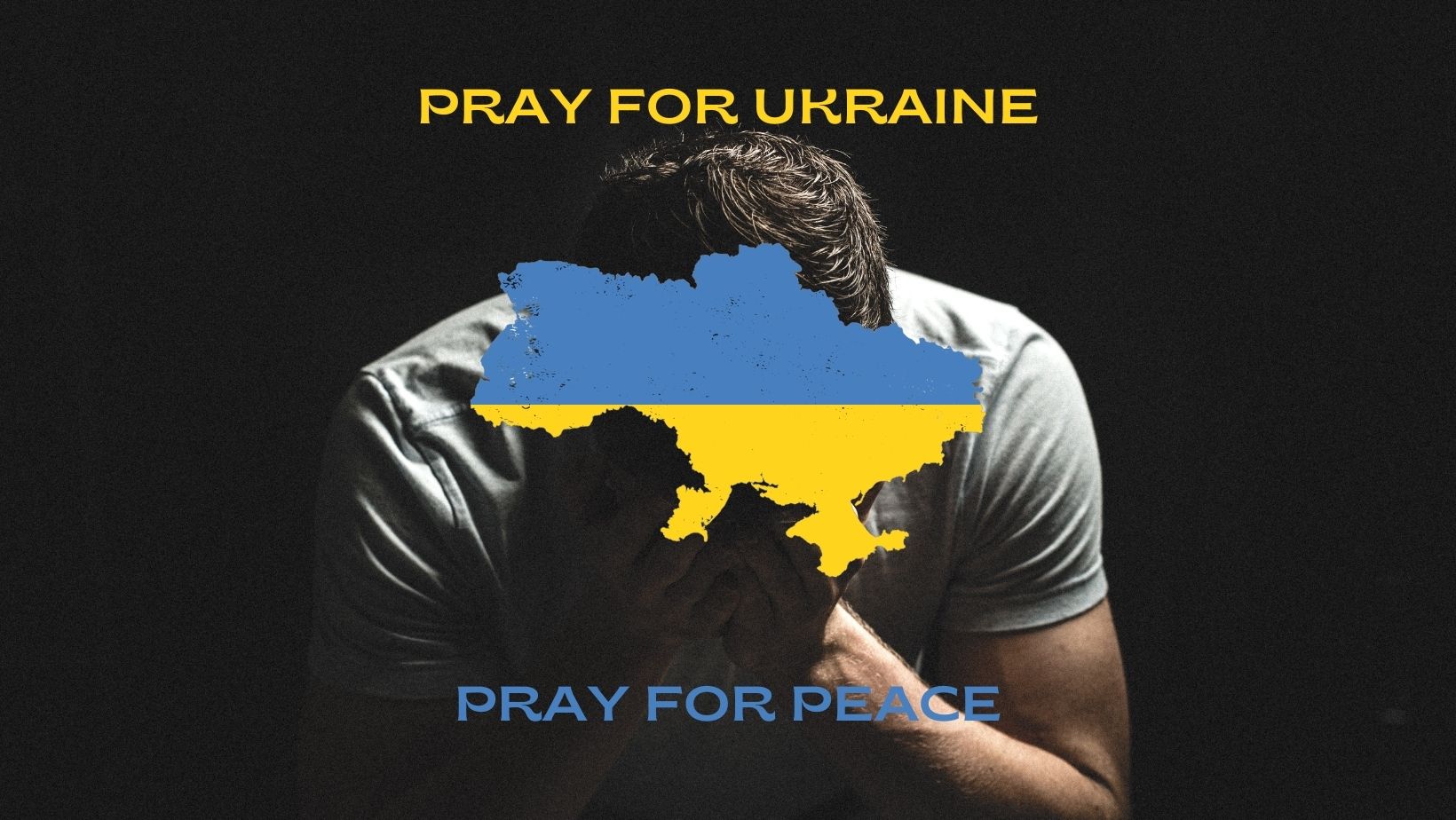
With sleep crust still in my eyes, I opened my phone on Thursday morning to discover that Russia had declared war on Ukraine. The residents of Kyiv had woken up to airstrikes, and now, three days on, civilians are being armed with guns and asked to build Molotov cocktails to help slow down the invasion. I couldn’t believe what I was reading and seeing. Scenes of chaos were plastered on the TV, showing streets I had walked down during my long weekend in the city just a couple of years ago. And as I watched it all unfold, all I could think about was, “How can I help Ukraine?”. What can I do that would actually make a difference?”.
If you are asking yourself the same questions, then here is what I have found so far after scouring the internet. I’ve spoken to friends who work for charities that focus on conflict resolution. And I’ve also connected with my contact at Street Child, who have launched an appeal to help the kids of Ukraine.
What's in this post:
What has happened so far?
It is a very fluid situation, and therefore anything I write here will be out of date within a matter of hours, so I will keep it very high level.
In the early hours of Thursday 24th February 2022, Vladimir Putin made a pre-recorded televised address announcing a “specialised military operation” aimed at demilitarising Ukraine. Moments after the announcement, several major cities across Ukraine, including Kyiv, were hit by airstrikes. Ukraine’s foreign minister tweeted that Putin had launched a “full-scale invasion” against peaceful Ukrainian cities.
Russia has been threatening to invade Ukraine since November 2021, but the conflict has been ongoing for much longer. Since 2014 in fact, when Russia invaded and then subsequently annexed Crimea. I don’t have the knowledge to provide an in-depth lesson in Ukrainian-Russian history and politics. Still, one of the most important things we can do right now is to learn about the situation so that we don’t spread misinformation. Resources I have been recommended include:
https://www.cfr.org/backgrounder/ukraine-conflict-crossroads-europe-and-russia
https://www.aljazeera.com/news/2022/1/28/ukraine-and-russia-explained-in-maps-and-charts-interactive
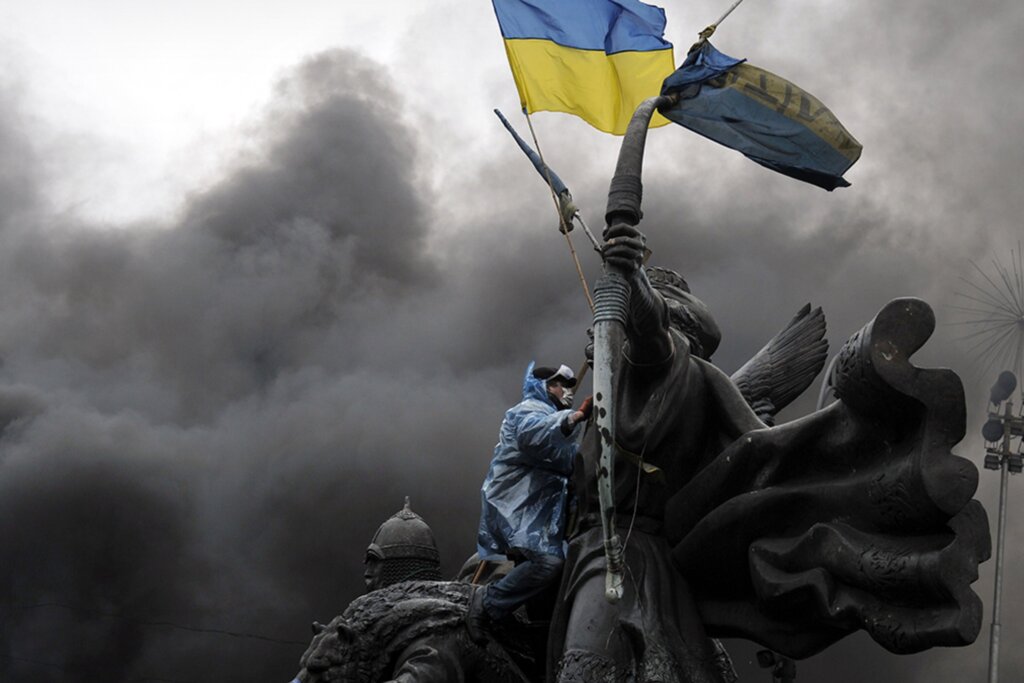
Back to the questions of how can we help?
The news is reporting that Ukrainian citizens are actively fleeing the country and seeking asylum in neighbouring nations. Within the first 48 hours since the invasion, more than 50,000 people have fled Ukraine, with a further 100,000 finding themselves internally displaced (Al Jazeera). According to the UN, this war could lead to 5 million people seeking refuge outside of Ukraine. As with all wars, women, children, and the poor will be the those most affected. Meanwhile, all men between the ages of 16 and 60 are not allowed to leave Ukraine. They are expected to stay behind and fight. However, many women have also decided to stay behind to fight for their nation!
One of the easiest ways for us to help from afar is to support charities working on the ground, both those helping the refugees and those providing humanitarian aid within Ukraine.
1. Donate to Charity
Here are some charities for you to consider:
Street Child
Street Child has never had to work in Europe before; instead, they specialise in providing education for children in the poorest countries around the world. However, they have launched a Ukrainian Appeal with all emergency funds re-directed to Ukraine children. Every pound donated to their emergency fund will be spent as quickly as possible by supporting the organisations on the ground that are working on keeping children safe. They will retain 0% of any donations, with every last penny being spent on the safety of kids. I have a tremendous amount of trust and respect for the work Street Child does, which is why I have donated £100 to their emergency fund, as I know they will make the best decisions with it.
International Medical Corps:
Have you read War Doctor? If you haven’t then I recommend it. It will give you a brilliant insight into what charities such as International Medical Corps and Medics sans Frontiers do. In a nutshell though, they supply doctors to the front line to help citizens with emergency health care services, as well as mental health and psychosocial support. In addition, International Medical Corps is also mindful of the pandemic, prioritising COVID-19 awareness and prevention services to help keep citizens safe not just from war, but from the dreaded virus too.
UNICEF Ukraine:
I am sure UNICEF requires no introduction. They have been working in Ukraine since the Crimea crisis, which happened eight years ago. More than 510,000 children have been affected so far, and UNICEF is working round the clock to try and protect them with particular concern for those separated from their families.
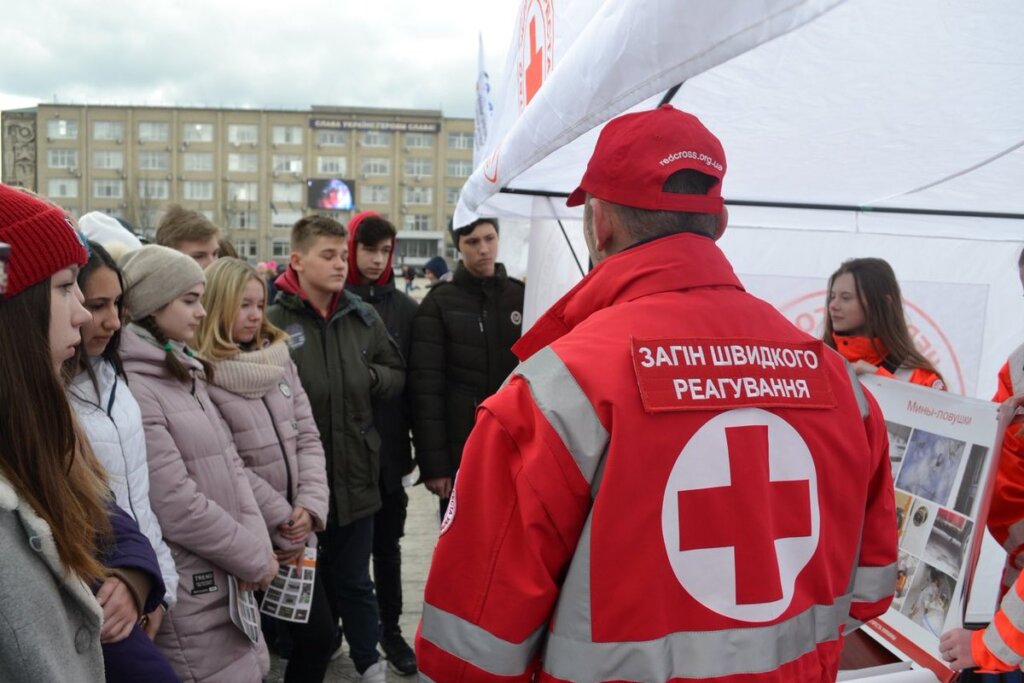
The Ukrainian Red Cross:
The Red Cross covers a vast cross-section of humanitarian work, from aiding refugees to training doctors. They have been active in Ukraine for the last eight years and have launched an emergency appeal now to support the victims of the intensification of fighting. Donations will help citizens access food, water, first aid, medicines, warm clothes, and shelter.
There are no end of charities to choose from. Simply Google Ukraine Charity Appeal and the options will be endless. Choose a charity that aligns with your values, is already on the ground, and can act quickly, making maximum use of your donation.
UN Refugee Agency:
With over 5 million Ukrainians expected to flee the country, we can expect another refugee crisis. Therefore supporting charities that make it their priority to negotiate with bordering countries to keep their borders open and offer support in the form of shelter, safety and food are critical for the victims of war.
2. Write to your MP
Supporting Ukraine does not necessarily need to involve you parting with your money. Instead, why not write to your MP and help pressure the government to get them to act. This could be requesting tougher sanctions for Russia, or it could be to get them to lead the world’s humanitarian response. Maybe you want to plea for them to provide an evacuation and resettlement program, or simply open the door to Ukrainian refugees requiring sanctuary.
3. Support Local Journalism
We know what is happening in Ukraine because of the local journalists who are risking their lives on the ground.
Two papers worth subscribing to and donating to would be The Kyiv Independent and Ukraine World.
Journalists created the Kyiv Independent to defend editorial independence, while Ukraine World is an independent English language multimedia project started during the 2014 Revolution of Dignity to support international journalists. New Voice of Ukraine is another English-speaking newspaper, and this Twitter account covers several journalists from Ukraine.
You may know of many other ways that we can currently support Ukraine. If you do, please leave a comment for everyone to read. I only ask that any comments focus on peace and information since aggression will surely only result in violence which will undoubtedly lead to more suffering.
What are you doing to support Ukraine? Have you got any great resources to share?
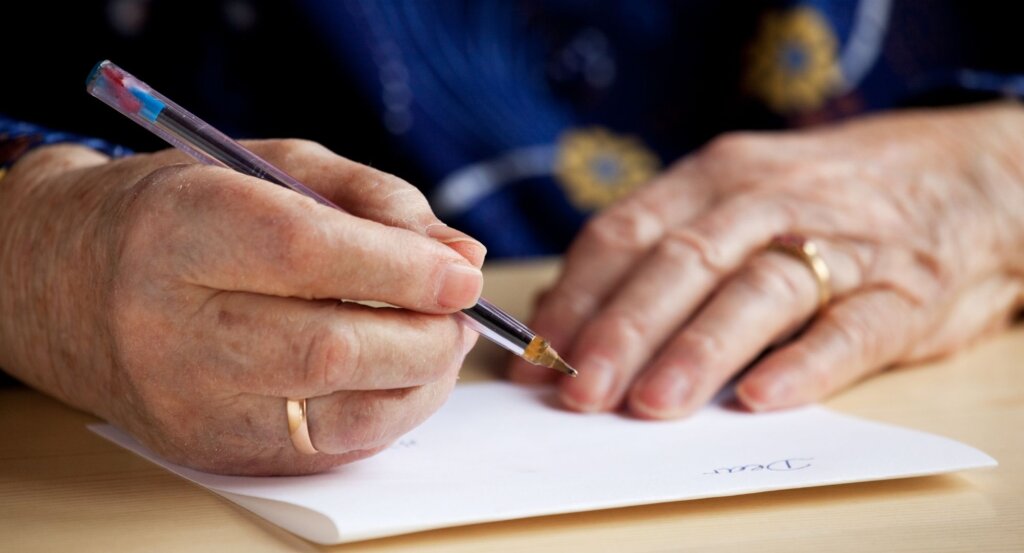
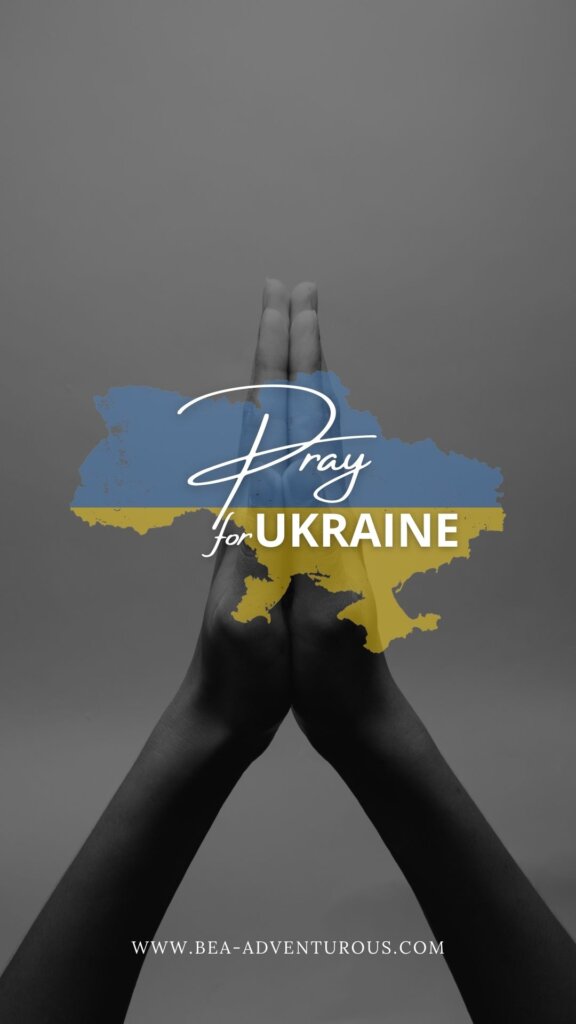
15 Comments on Are you asking yourself, “How Can I Help Ukraine”? Here are 3 ways you can make a difference
Be the first to comment